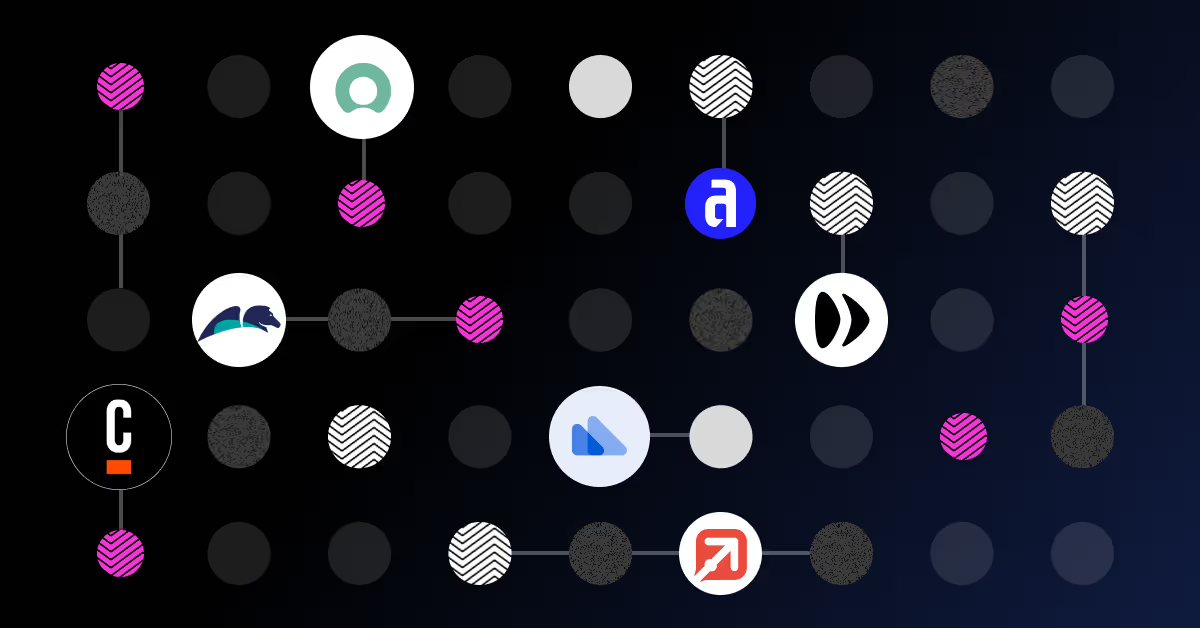Asking 'why' is the usually the last question we ask in business. It should be the first. (2026)

One of my favourite questions in business is asking “why?” It’s simple, yet incredibly powerful. In fact, it’s central to how we run our solution methodology workshops here at Enate.
These customer workshops take place to really get into the mindset of how the services of the company is currently running, and how much better it could run with a few tweaks. We dig deep and often ask difficult questions, all with the aim of helping service providers rethink how they operate. It’s imperative we do this, otherwise we are just slapping a piece of technology on a problem, without really knowing if we’ve solved it.
During one of these workshops, a client’s centre of excellence team member admitted, “We never ask why.” That moment has stuck with me.
The practice of asking “why” isn’t new. It comes from Six Sigma’s ‘5 Whys’ technique, a structured method for getting to the root cause of any problem. But “why” isn’t just for troubleshooting. It’s the foundation of meaningful change.
Here’s why asking “why” matters in business, especially in the context of transforming the way services are run.
1. ‘Why’ is the gateway to real change
Change doesn’t start with “what” or “how.” When implementing technology, too often the focus is on features or methods. But if you only ask what and how, you’re not solving the root problem. You’ll likely just end up automating existing inefficiencies.
Asking “why” digs deeper. It gets to the essence of the issue and ensures you’re treating the underlying cause, not just the symptoms. Without “why,” you’re stuck delivering more of the same, just with shinier tools.
2. ‘Why’ shakes things up
Asking “why” surprises people. Most service providers aren’t used to it, and it can take them out of their comfort zones, which is exactly what effective change requires. Business transformation is 98% about people and 2% about technology. Technology might be the catalyst, but people drive the change.
When you ask someone “why,” particularly a senior leader, it challenges their thinking. Done right, it shifts them into a more open-minded state. The key is to ask it in a way that feels collaborative, not confrontational. This helps build trust and opens the door to genuine dialogue.
3. ‘Why’ prepares you for the unexpected
Everyone has a plan for the business, until reality hits. As the old military adage goes, “No plan survives first contact with the enemy.” If your team doesn’t understand why they’re following a plan, they’re left scrambling when circumstances change. They’ll either stick rigidly to the failing plan or escalate decisions up the value chain.
By understanding “why,” teams can easily adapt. They’re empowered to make informed decisions on the fly because they grasp the core purpose behind the plan. That’s how you create agile teams that can think independently and act decisively.
4. ‘Why’ levels the playing field
Asking “why” bridges the knowledge gap between a business and its technology vendor. On one side, you have experts who know every nuance of their business but might not fully understand the technology. On the other side, you have a tech supplier who knows their product inside out but lacks context about the business.
When you ask “why,” you create a shared understanding. You’re not just gathering requirements, you’re collaborating to define the best solution. A good tech vendor will never take requirements at face value. They’ll ask why something is needed to ensure it’s solving the right problem. Bottom line: If your vendor isn’t asking “why,” they’re not the right partner.
5. Why Eliminates Waste
Finally, “why” is the ultimate tool for cutting out inefficiencies. In every tech project I’ve worked on, I’ve seen countless unnecessary requirements. Reports no-one will read, features no one will use. These “just in case” requests bog down delivery and add zero value.
When someone asks for a specific report feature, my response is always, “Why? What decision will you make based on this data?” If they can’t articulate a clear answer, the report doesn’t get built. The same principle applies to any aspect of technology delivery. Asking “why” keeps everyone focused on what truly matters, ensuring resources are spent on impactful outcomes.
Wrapping up
At Enate, asking “why” isn’t just a question, it’s embedded into the way we run the company. It’s how we ensure our clients aren’t just buying technology but are achieving real, lasting change. “Why” helps uncover inefficiencies, bridge goals, and drive real digital transformation.
So, the next time you’re faced with a business challenge, don’t rush to ask “what” or “how.” Start with “why.”
It might just be the most important question you ever ask.




